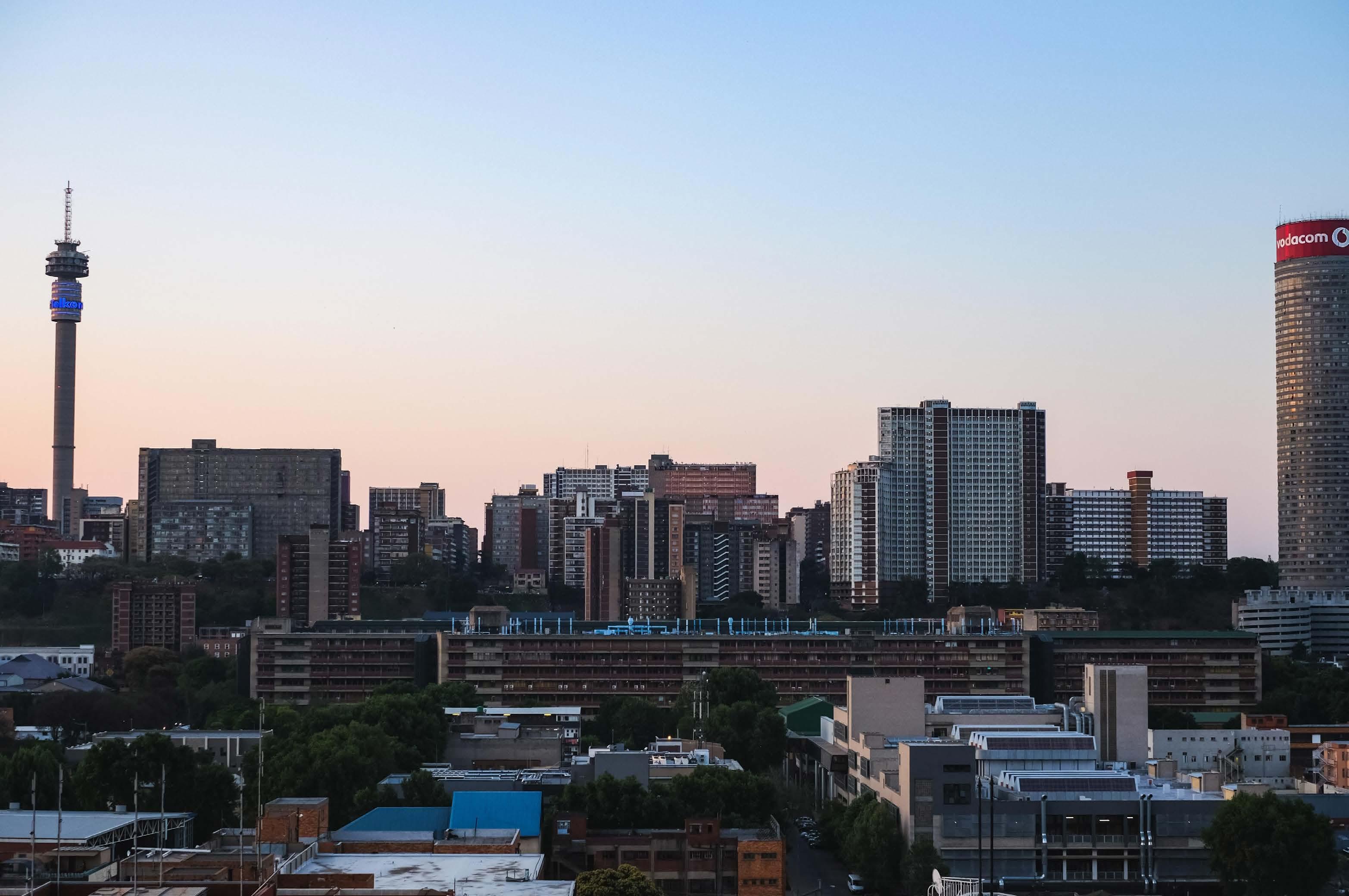
5 minute read
30 years on, property sector remains in minority hands
Transformation has been slow because great effort has gone into masking representation and creating cosmetic nuisances . But there is hope
BY AYANDA MAGQAZA
THE QUESTION of racial and gender transformation in the South African property sector can often feel like time-worn dialogue, with the conversation remaining as stagnant as the slow progress in the industry.
The sector, sadly, remains one of the least transformed in the country, displaying marginal shifts in key areas.
Better progress in racial transformation can be achieved through ownership, management control and skills development. These elements, coupled with employment equity, can make an observable change in gender inclusion and thus, inclusive economic growth.
These are not new arguments as the South African Institute of Black Property Practitioners (SAIBPP) has been advocating for years that a piece of the R5.8 trilllion property pie be spread equitably on a racial and gender basis. However, 30 years into democracy, the sector remains in the hands of the minority.
Ownership of land has been promoted by the SAIBPP as one of the most powerful means to realise transformation in the industry as land holds value in many ways.
Not only is it invaluable in securing one’s right to shelter, as purported in our constitution, it also enables commercial business operations, fashioning a vibrant stage for economic trade.
This would lead to economic growth because it is easy to conclude that the inclusion of black participants, particularly women, would expand performance in the sector.
Recent reports show that as much as 64% of the transformation target has been achieved in ownership, yet when one looks closely, the figure is not indicative of direct property ownership. In fact, general sentiment among transformation propellers in property is that transformation is not as advanced as the Broad-based BEE scorecards may suggest.
Though this is a credible approach to quantify different aspects towards transformation, we at the SAIBPP would like to see a purpose-driven approach that measures direct impact where the physical representation starts to display racial and gender inclusion.
Much of the difficulty in achieving the direct ownership targets envisaged by the SAIBPP, can be attributed to lack of access to finance where the required equity for participation in transactions is not easily achievable for black participants.
This is an area that the financial sector can participate in meaningfully to reassess the models around risk allocation and adopt uniform lending rates that are applied consistently for all races.
It is also key to shine the light on some players in the funding sector who have started to generate solutions around raising equity and pricing for funding at inclusive rates.
A great number of the stakeholders have formed part of the SAIBPP Funding Directory initiative, aimed at disseminating credible information about market players who are innovating for affordability in the lending space.
Though one can point to slight shifts in racial and gender representation relating to the appointment of independent non executive directors, it is safe to say little effort has gone towards improving black participation at executive directorship and management level.
The numbers are jarring, indicating that in 2021, 13 of the 24 listed REITS had 100% white male executive directors.
This shows that transformation has been slow because great effort has gone into masking representation and creating cosmetic nuisances that make for palatable reporting.
The exclusion of women in the industry arises from multifaceted reasons, including discriminatory practices around pay parity, inadequate mentorship and training as well as masculine-dominated work environments that do not support the upward mobility for women.
At the BRICS Women Business Alliance Conference in Durban this past weekend, Minister of Women, Youth and Persons with Disabilities Dr Nkosazana Dlamini Zuma said: “Women inclusion is an imperative for economic growth.”
She mentioned that closing the gender gap could improve the gross domestic product by 35%.
This shows that demanding the inclusion of women in the economy is not just a recognition that women are capable and deserve to become an integral part of the economy by right, but it is also an economic imperative that would benefit all South Africans by boosting the GDP.
To catalyse change, there must be greater emphasis on enforcement of policies that foster wider representation of women in leadership.
This can be further supported through implementing skills development programmes that replenish the urgently required skills in industry.
As we observe Women’s Month, the SAIBPP is incredibly proud and excited to have Mrs Fundi Mazibuko as our newly inaugurated president for the next two years.
As an experienced professional in the property industry who has experienced the sector through a female lens, we anticipate her programmes and policy initiatives to also consider the above.
In a nation where women constitute more than half the population, it’s untenable to drive sectoral value while sidelining them.
Gender transformation isn’t merely an industry concern; it’s a fundamental step towards a more inclusive and prosperous South Africa for all.
An equitable property sector is possible. I have hope.

AYANDA MAGQAZA is the chairperson of the SA Institute of Black Property Professional’s Women’s Forum and board member at the SAIBPP. She is in development management, and is the founder of a built environment consulting company, Tasksmiths Consulting, offering project management, development management and quantity surveying services.
Magqaza launched her career at Basil Read, at the developments division, as a project/ development manager and property expert.
She played a key role in the project/development management of Cosmo City, a 1100 hectare integrated human settlement in Johannesburg. Later, she joined the Savanna City Development in the same capacity before venturing into entrepreneurship.
Magqaza holds a Master’s of Commerce in Development Finance from the University of Cape Town Graduate School of Business and a Bachelor of Science with Honours in Property Studies from the University of the Witwatersrand.





